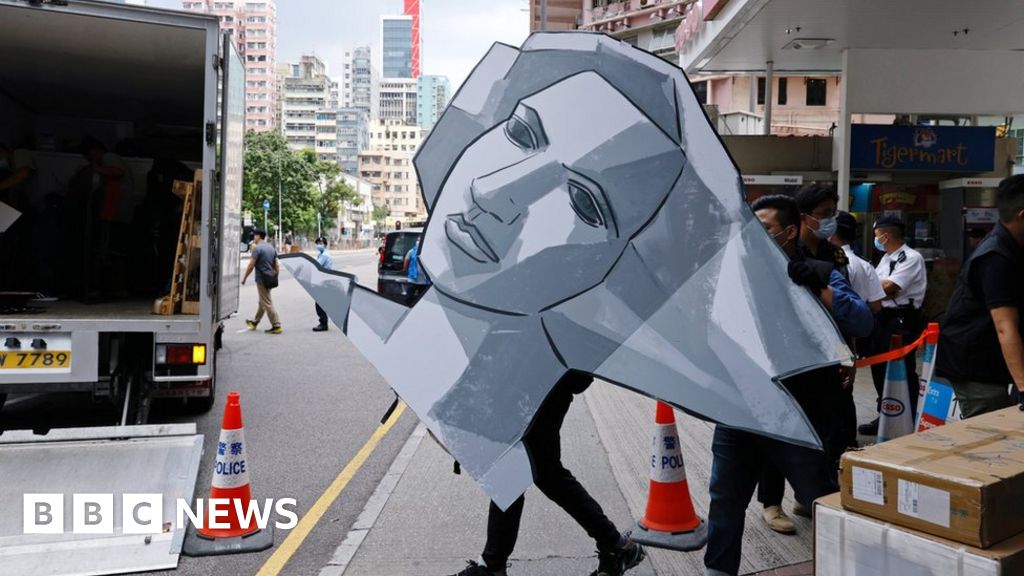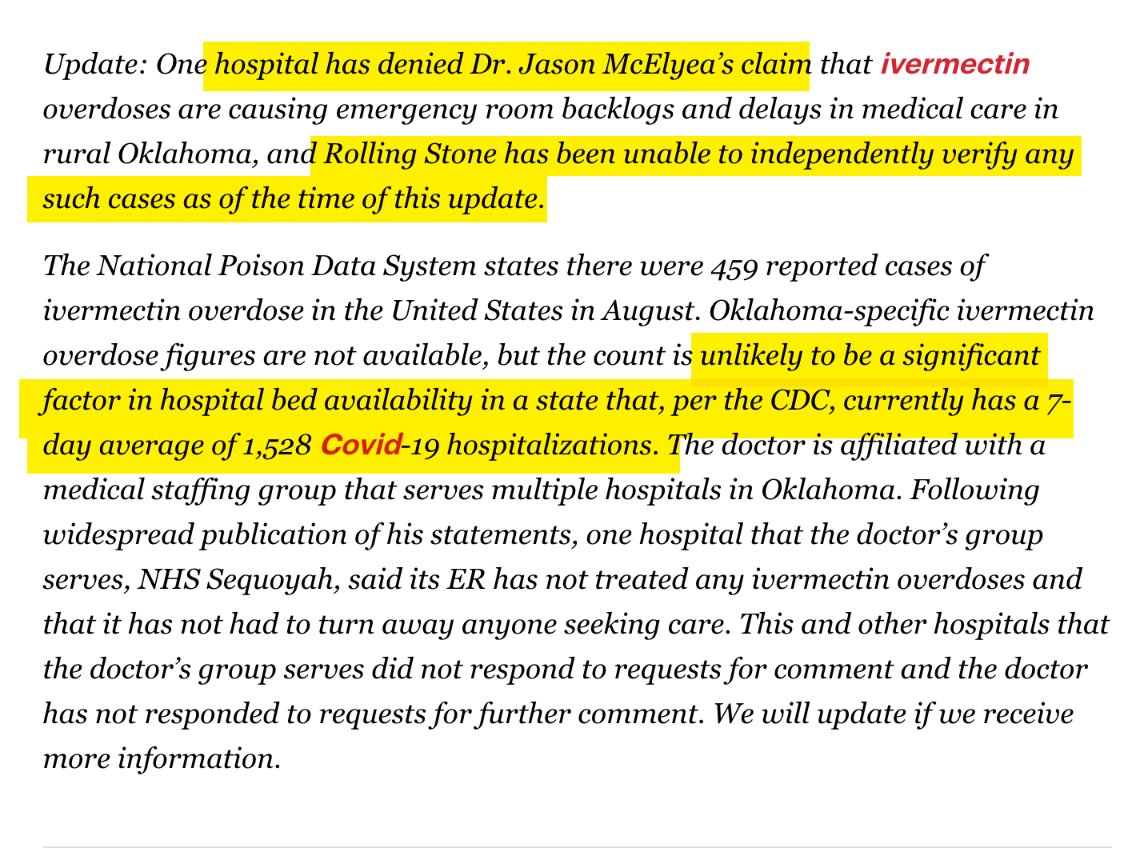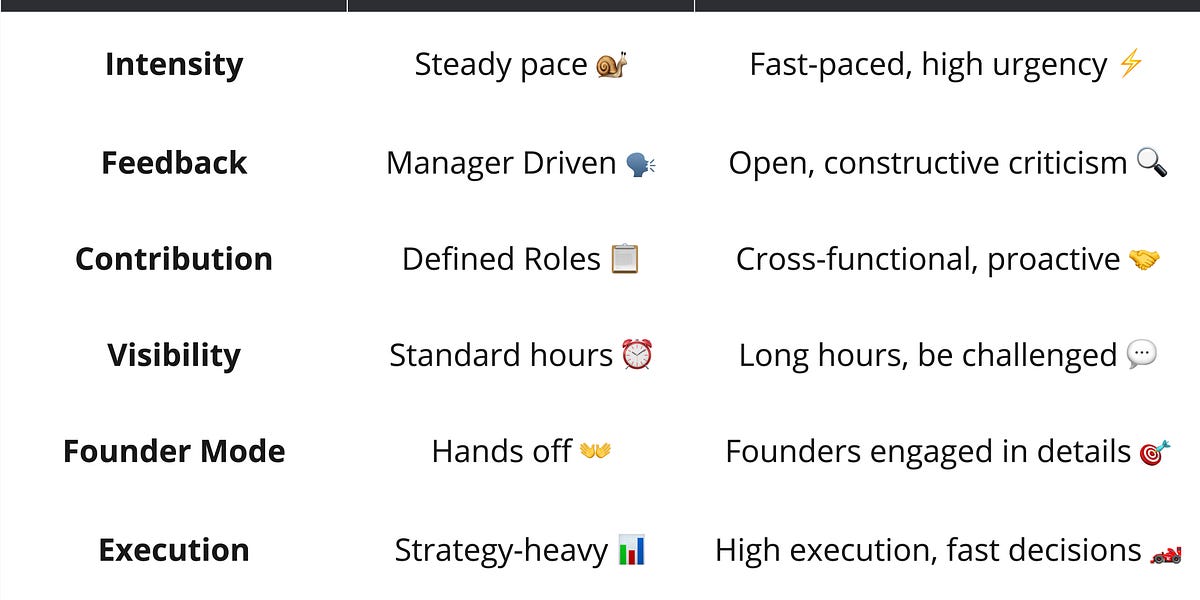
Democracy by Lottery
As another election comes and goes, we are left with half of the public deeply upset at the results. The other side of course is just plain ignorant. They’re not wrong. Yet unfortunately it’s not just the other side that is ignorant, I’ll go ahead and claim that the entire public is just bad at voting.
Unfortunately, a large body of work exists illustrating the lack of capability of voters. In Democracy for Realists by Achen and Bartels, the authors suggest that voters practice blind retrospection. "Real voters often have only a vague understanding of the connections (if any) between incumbent politicians' actions and their own well-being. Even professional observers of politics often struggle to understand the consequences of government policies. Politics and policy are complex. As a result, retrospective voting is likely to produce consistently misguided patterns of electoral reward and punishment" [pp 144]. Bryan Caplan's The Myth of the Rational Voter popularized the term "rational irrationality" for the behavior of voters. Caplan argues that the marginal cost of holding an erroneous political belief is low, due to the low probability of influencing the outcome of any election. Voters instead may vote due to the psychological benefits of supporting policies that feel good. These good feelings therefore outweigh the real harm of a policy, when factored with the unlikelihood of influencing the outcome.
As Alexander Guerrero claims [9], electoral representation can bring about responsive and good outcomes only if the public can hold their representatives meaningfully accountable. If we find that voters do not meet this competency, then sortition could have an advantage at holding government accountable. From my understanding of the available evidence, the literature overwhelmingly suggests that voters are not able to hold elected politicians accountable except in the most dire and obvious of economic disasters - for example, when the public is experiencing a famine [9] and therefore practices retrospective voting to remove incumbents.



















